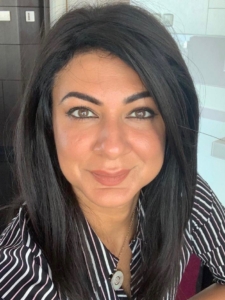 Aamena Khan’s background is not reflective of a traditional career consultant.
Aamena Khan’s background is not reflective of a traditional career consultant.
She began her professional life in industry, starting in Washington D.C and 15 years ago in 2004, she followed her career to the Middle East with her son, a student at New York University. Today, Khan is a Financial Services Consulting Partner focusing on People and Organization at PwC Middle East, and more recently, was appointed COO of Financial Services, a huge area of investment for the firm.
Khan is an accomplished professional with over 20 years of industry and consulting experience in multiple other industries including aviation, technology, media, logistics and higher education. She is also a subject matter expert on organizational design, change management, employee engagement, leadership development, succession planning and workforce nationalization. However, in the present moment, her passion is fuelled by the limitless possibilities of FinTech and the level of disruption financial institutions are experiencing.
Embracing her profession in consulting today, Khan recognizes that she can make a greater impact as a consultant than when she was in industry. She is excited about working with and leading some of the world’s best and brightest talent, in the face of extremely challenging environments and opportunities.
“I am learning more now than I ever have over the course of my career,” she shares. Her passion for learning is clearly what drives her excitement – energized by ongoing growth and development in all areas of her business, while leading with the attributes of a true leader. “I don’t believe in old school leadership such as command and control. My role is not to be the person in the room who knows everything, it is my role to listen and understand the client’s problem and bring the best people from around the network together to solve their most important problems. For me, it is very important to give other people a chance to be part of the story and to make their mark too – there is a greater purpose in everything we do, than simply ourselves.”
Khan joined PwC as a director and impressively made partner within two years. Coming from outside the firm and profession, this was an incredible achievement for Khan while also acknowledging the firm’s commitment to advocating and promoting different archetypes of leaders and partners.
As a strong advocate for gender balance, Khan also leads the firm’s Women in Tech initiative for the region, which is based on three pillars: promoting, advocating digital thinking in the way PwC teams conduct their work and contributing to community outreach programs by connecting with schools to reach the grassroots level of tomorrow’s talent. She is also working on a digital platform that centers around employee engagement and related predictive analytics.
Her inspirational leadership style is clearly a reflection of a very self-aware and grounded person: “Success comes in many different forms, I know that now. I used to see scope of responsibility and the size of budgets or teams I managed as the only indicators of my success, but today my definition of success is very different. Today I am driven by opportunities to learn, do interesting work and have fun! To work in line with my values, to give good people the opportunity to have a voice – I don’t need to be the person in the room to have all the answers, my role is to empower others. This is far more powerful and enables us all to be successful.”
In her journey to be successful, she also embraces failure. When asked what advice she would give to her younger self, Khan replied: “Don’t be so brutal – if you don’t show yourself some humanity, how will you give it to others? If you fail, fail fast and move on but more importantly, don’t avoid failure – don’t stagnate in a safe zone. Step out of your comfort zone and challenge yourself because when you do that, that’s when magic happens for you and those around you.”
Magic, humanity, continuous learning, fun and excitement; Khan clearly proves that these can be our most effective capabilities and emotions to be a strong, ambitious, successful and driven leader of the future.

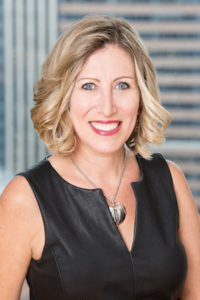
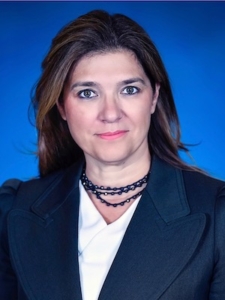
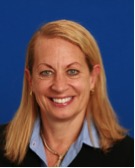
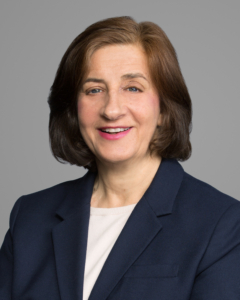 When Sue Light reflects on advice given to her over the years she acknowledges that sometimes it doesn’t become pertinent until you’ve been in the workforce long enough to see its value.
When Sue Light reflects on advice given to her over the years she acknowledges that sometimes it doesn’t become pertinent until you’ve been in the workforce long enough to see its value.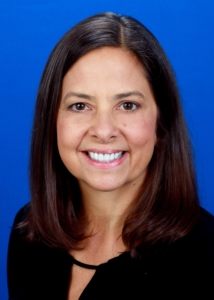
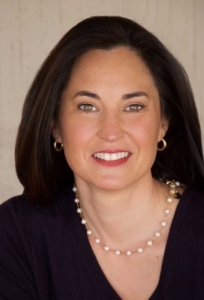
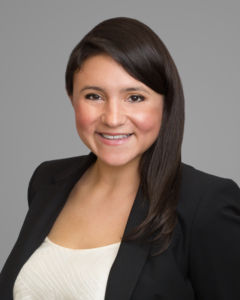 “What makes you a good attorney is learning from your mistakes—almost that trial by fire aspect that lets you constantly grow,” says Katten’s Shana Ramirez.
“What makes you a good attorney is learning from your mistakes—almost that trial by fire aspect that lets you constantly grow,” says Katten’s Shana Ramirez.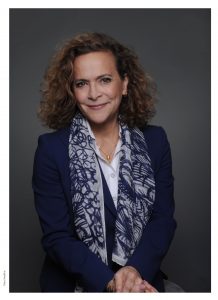
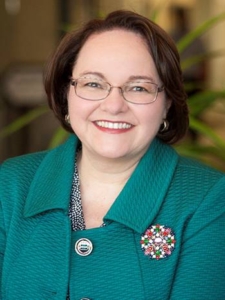 While mentors are important, Neddy Perez also encourages women to seek sponsors.
While mentors are important, Neddy Perez also encourages women to seek sponsors.